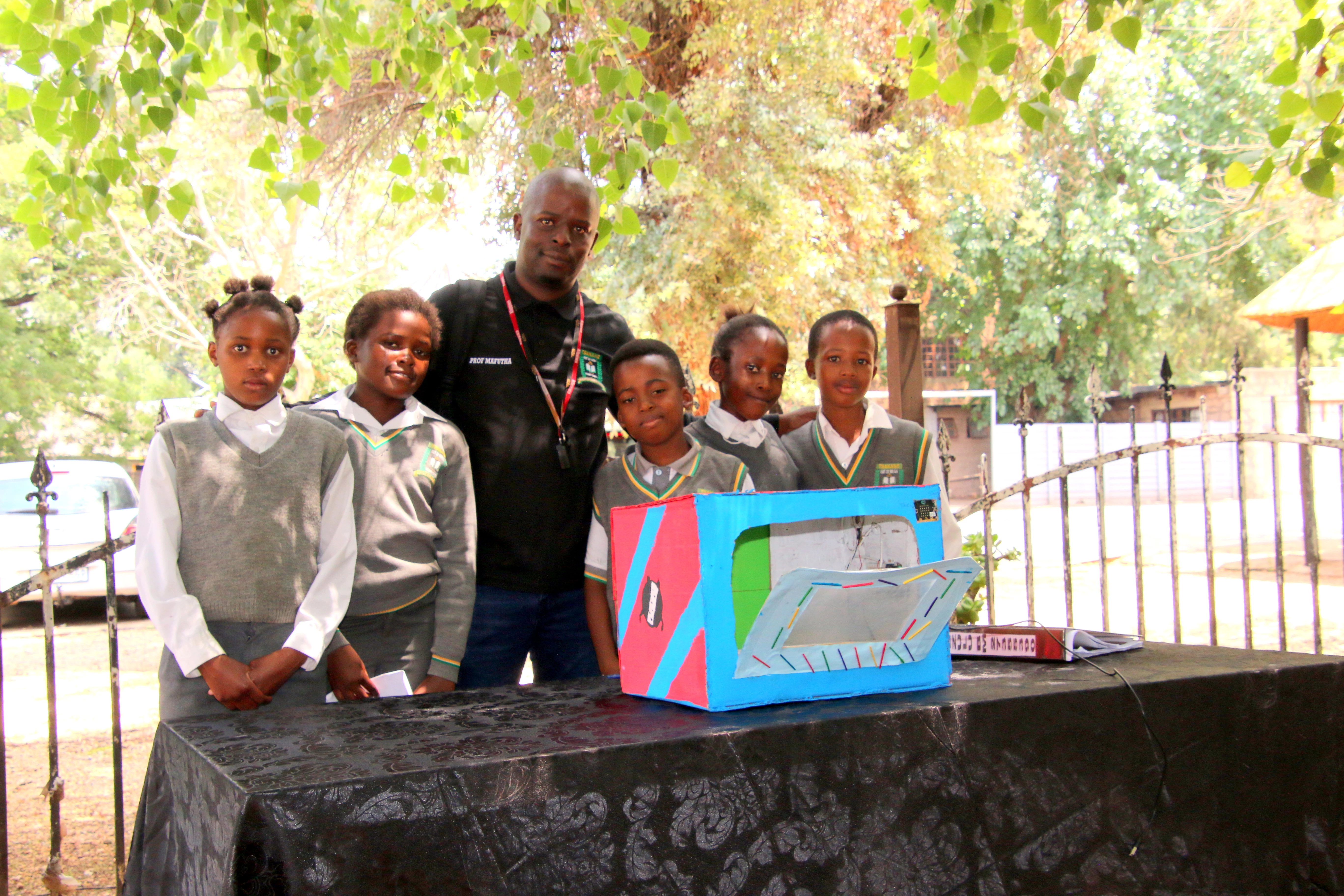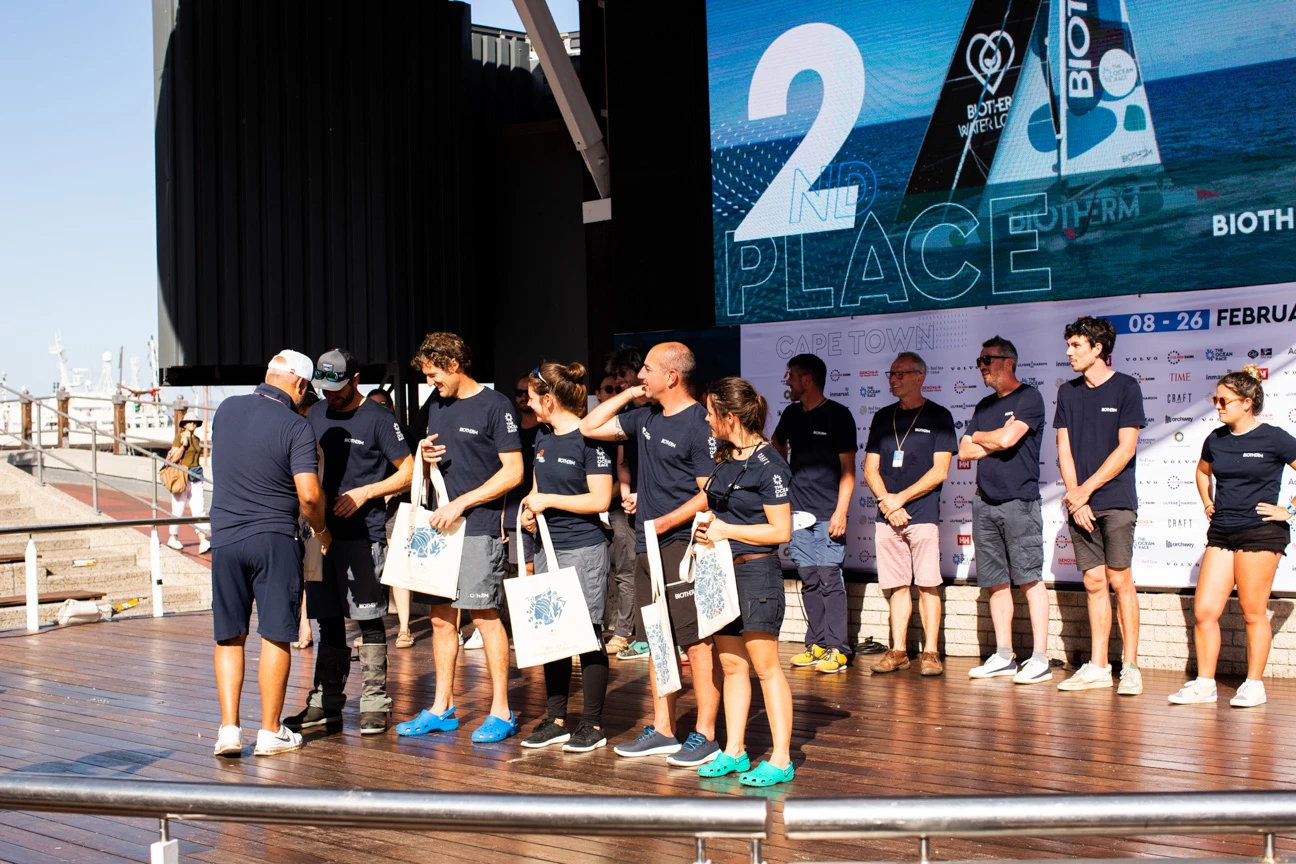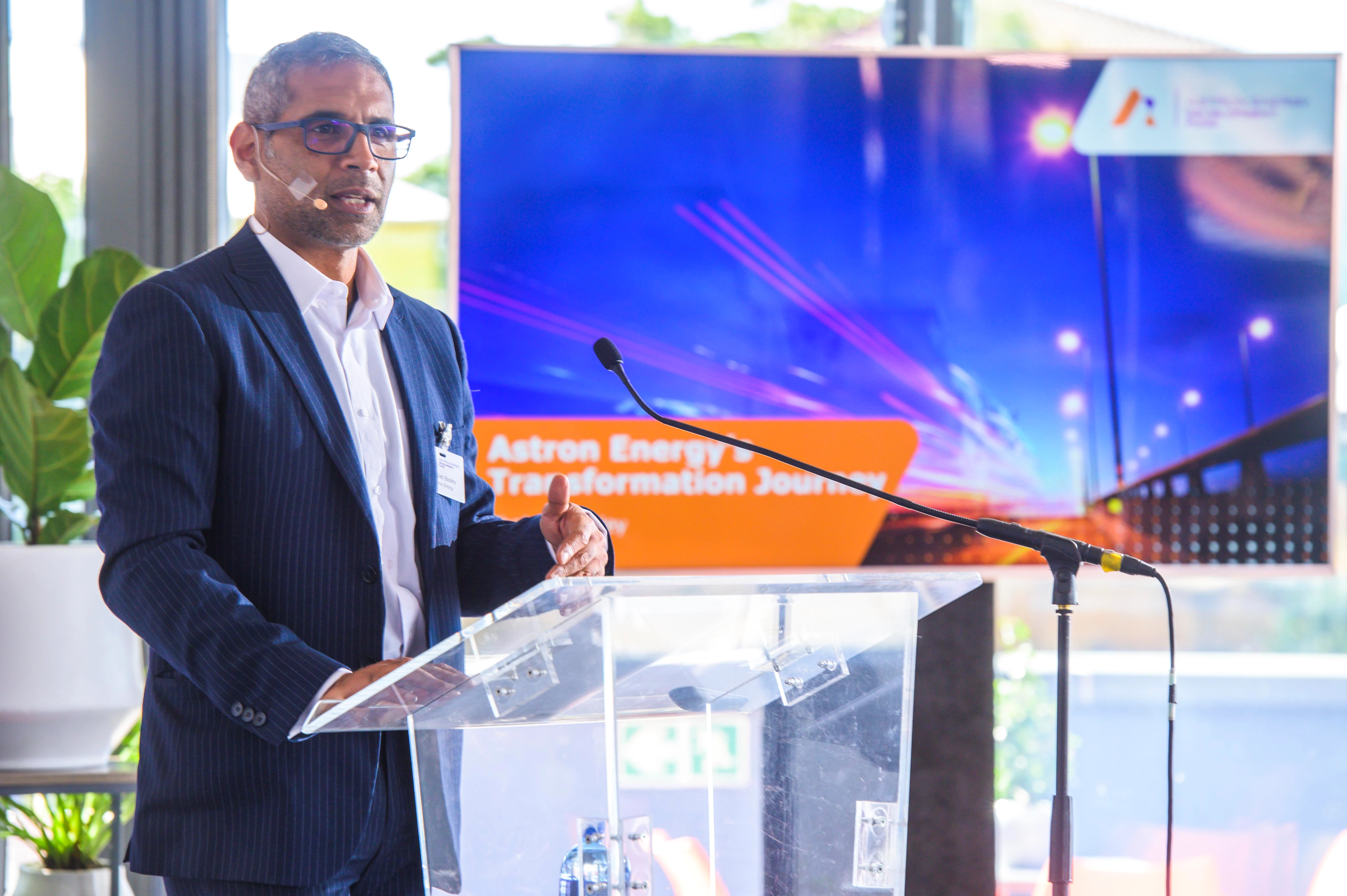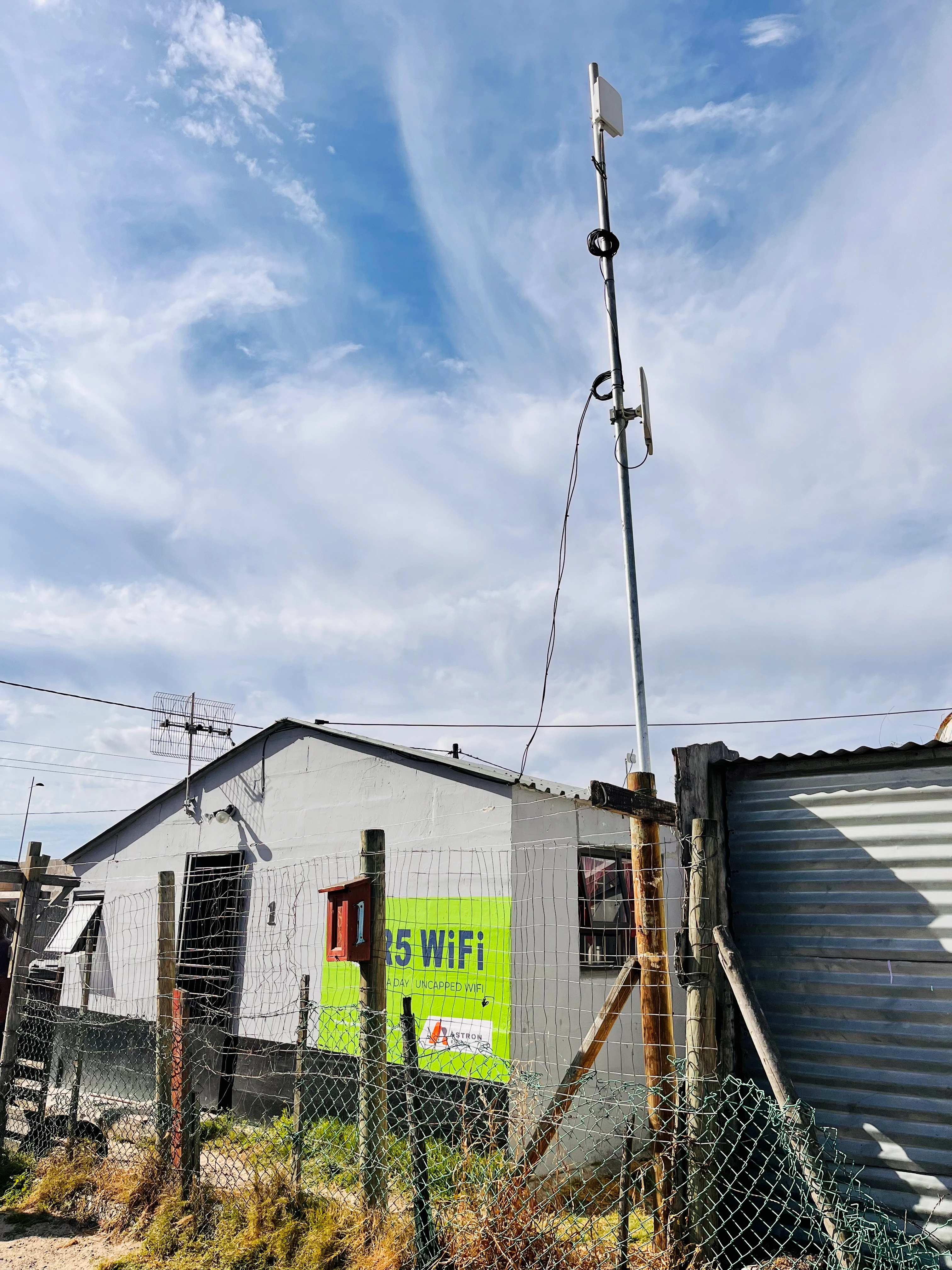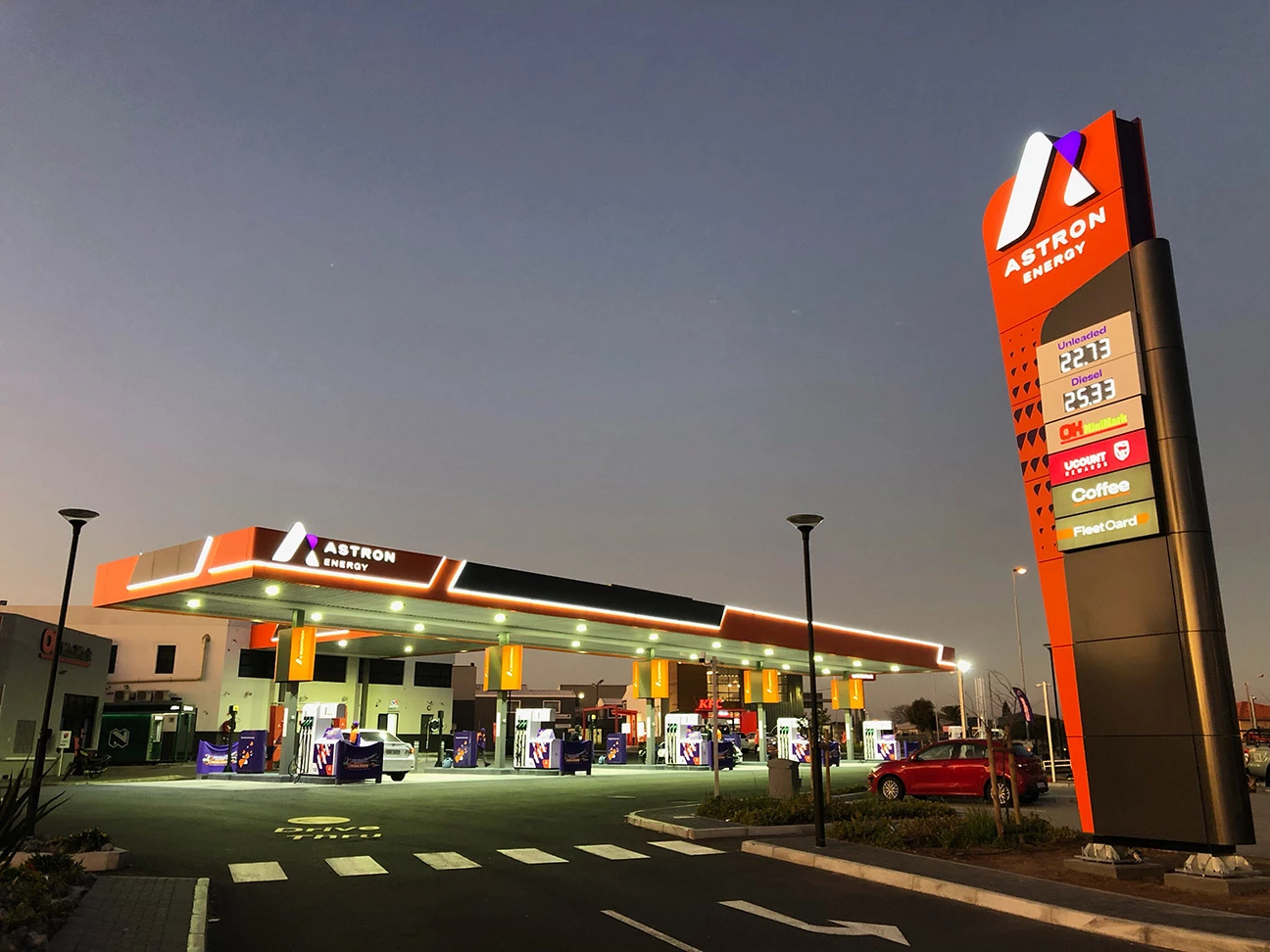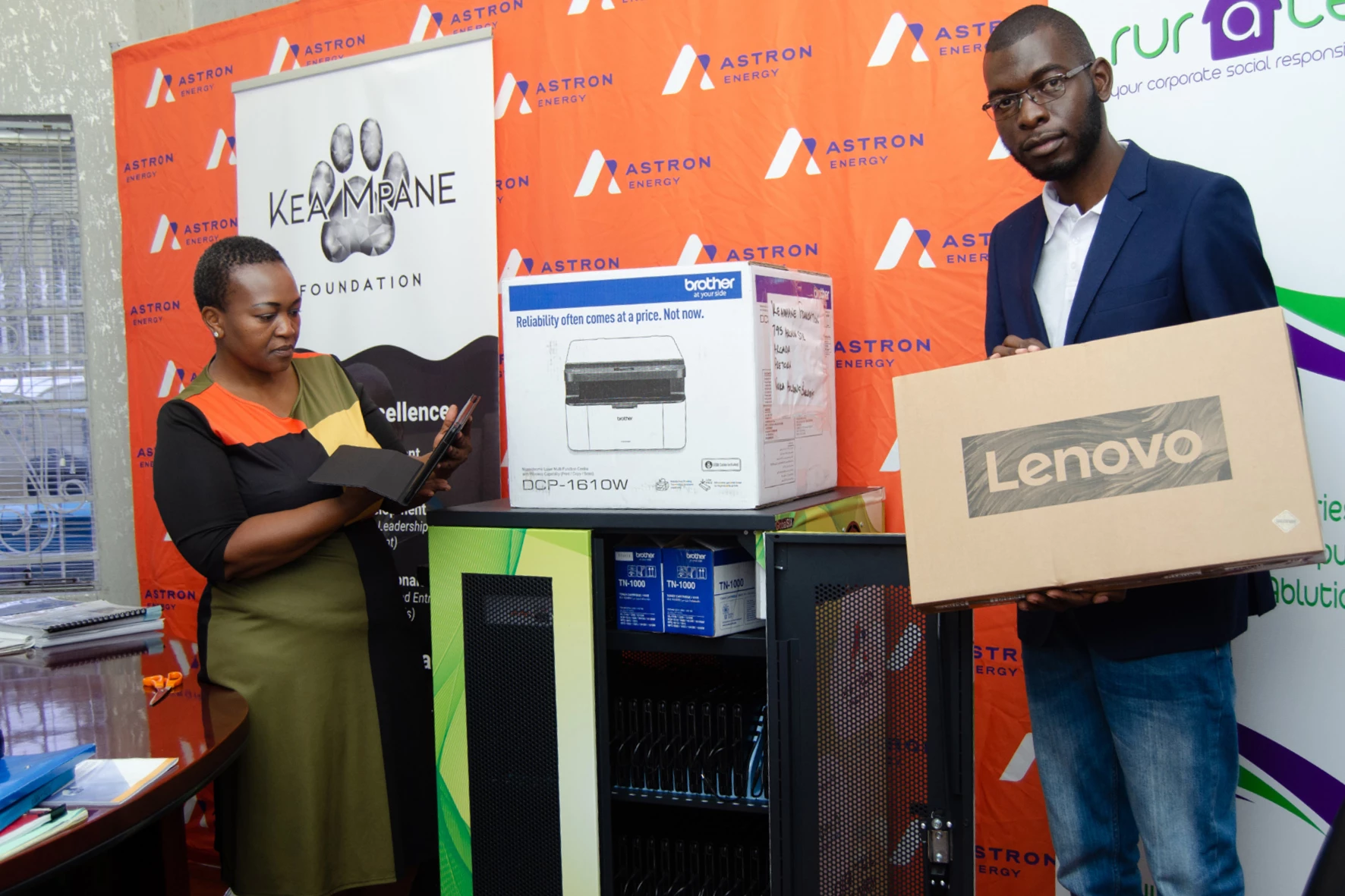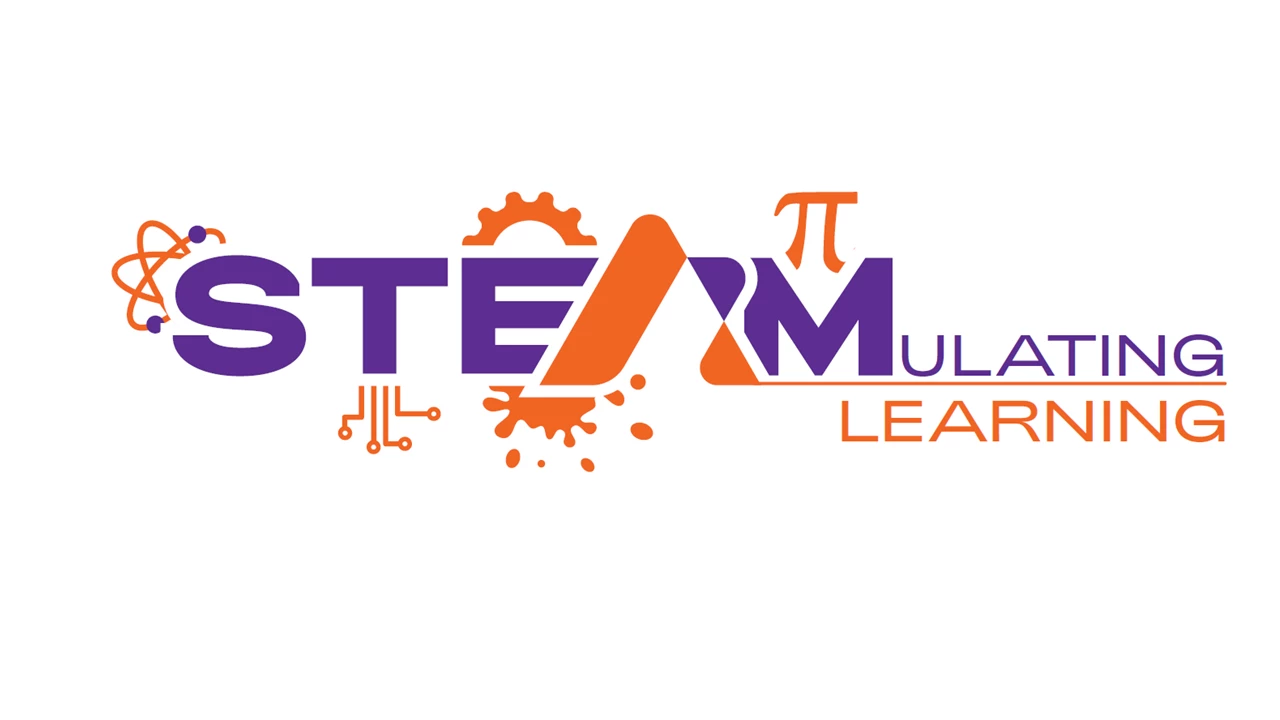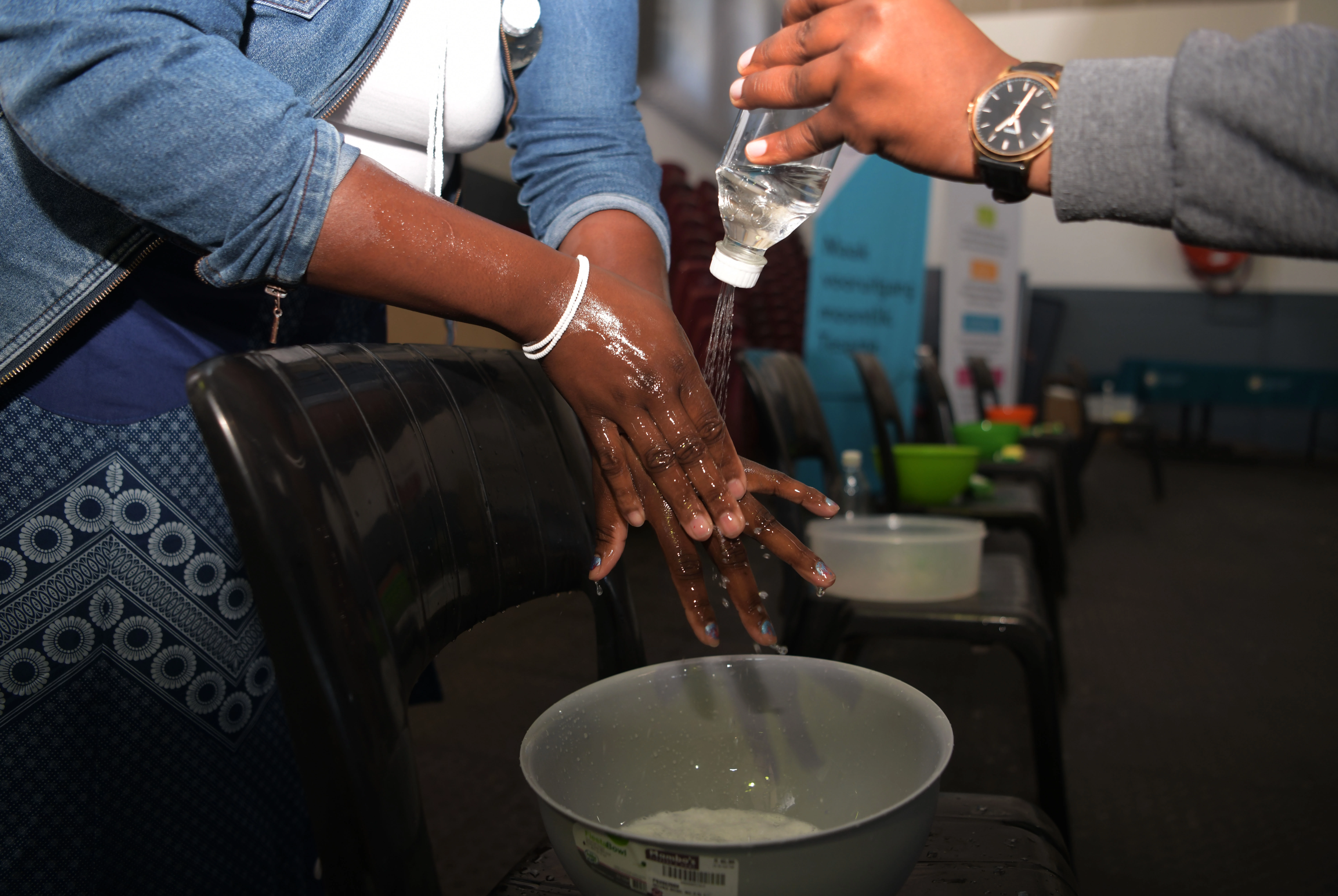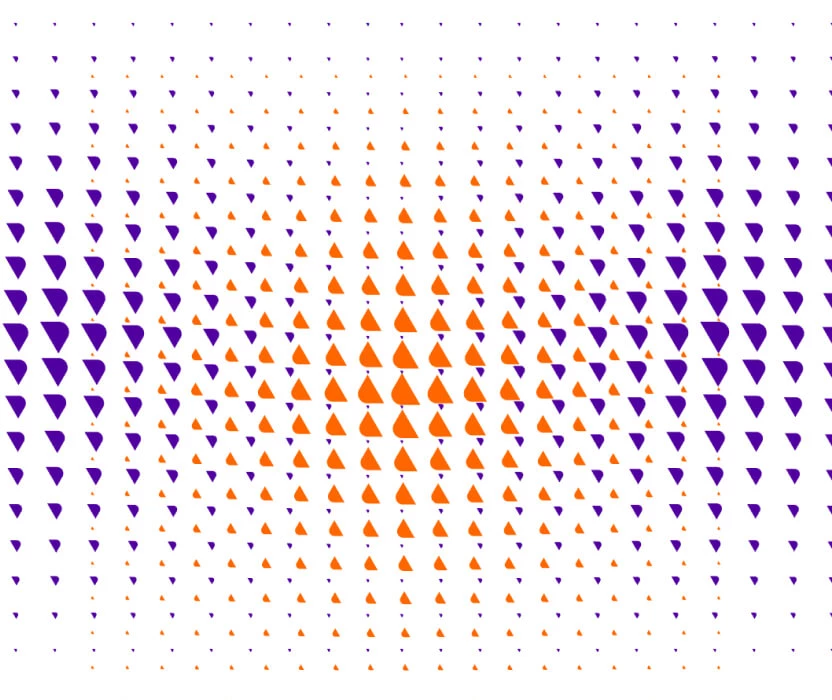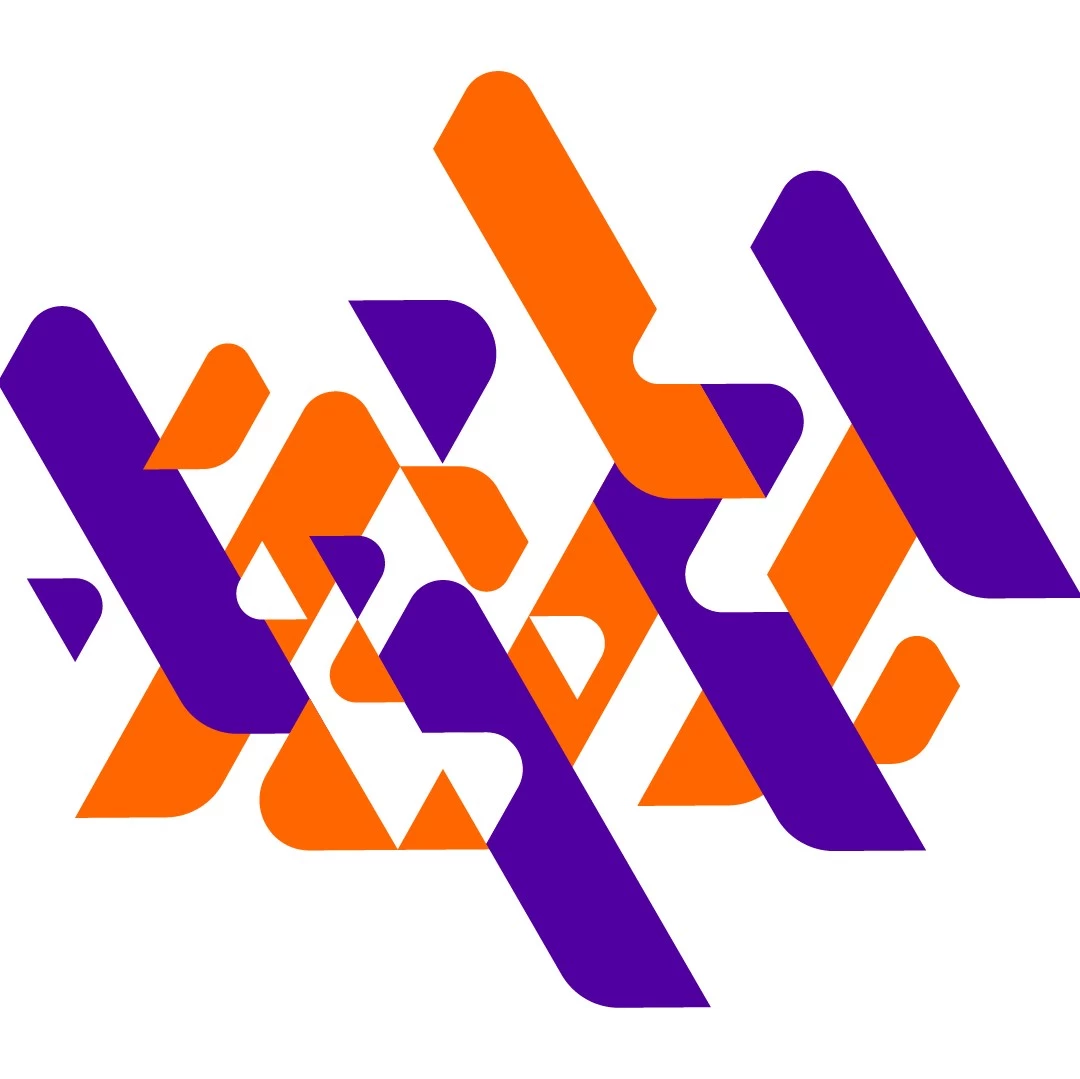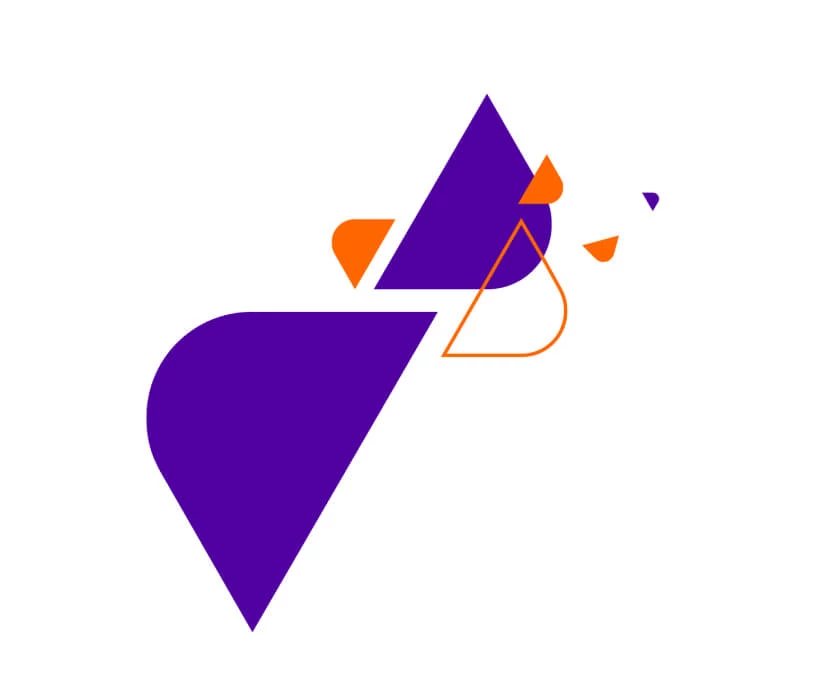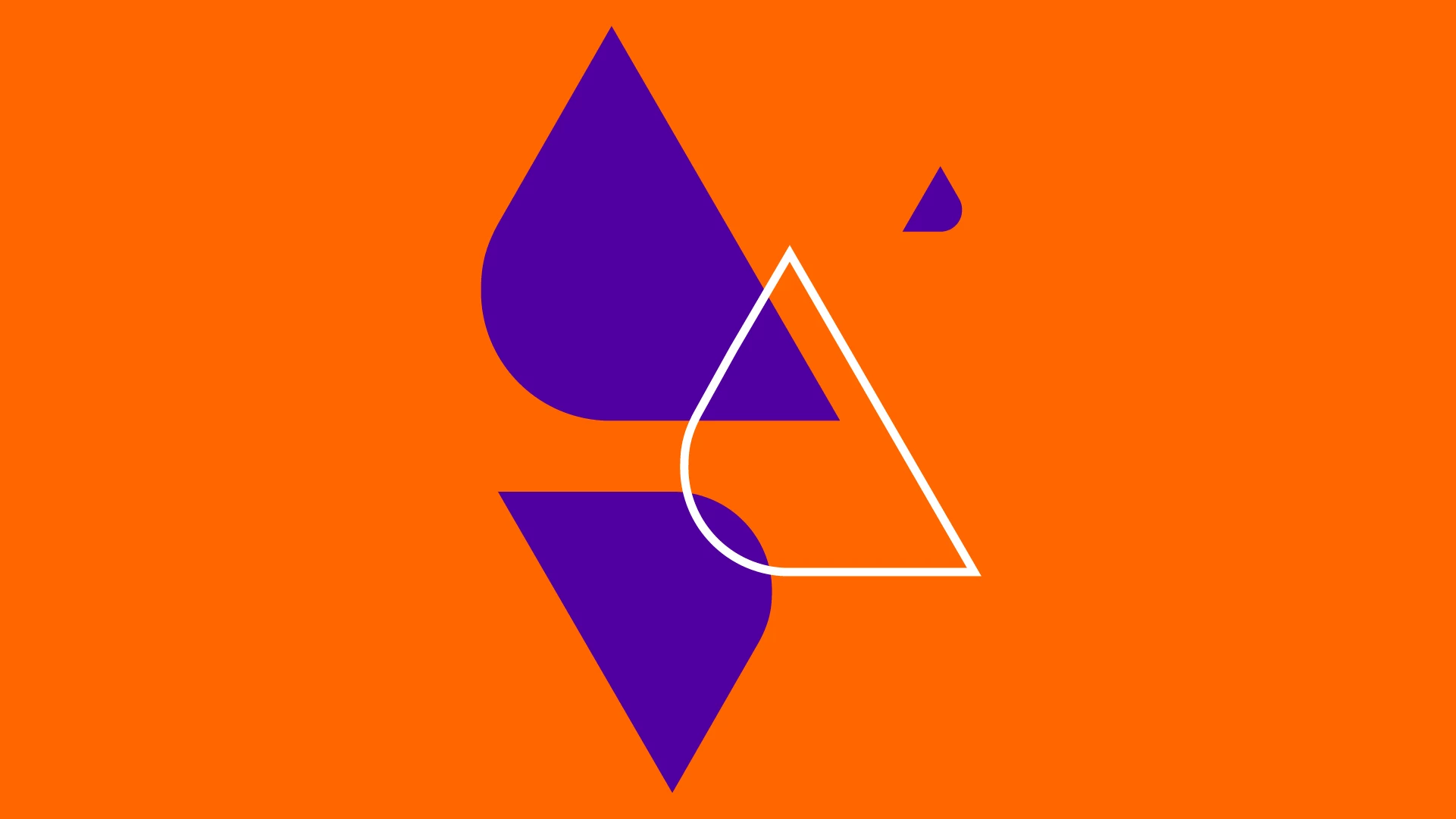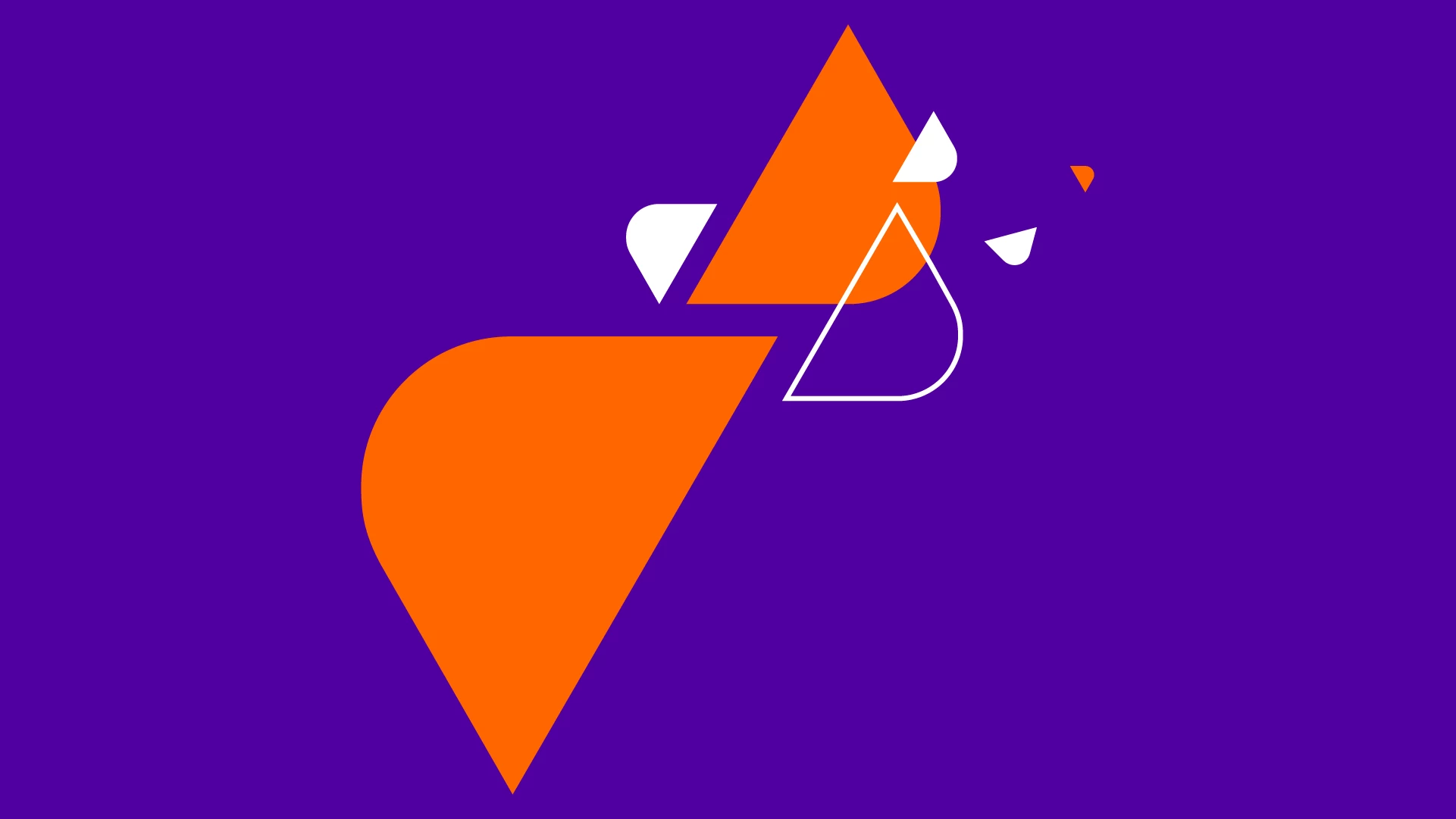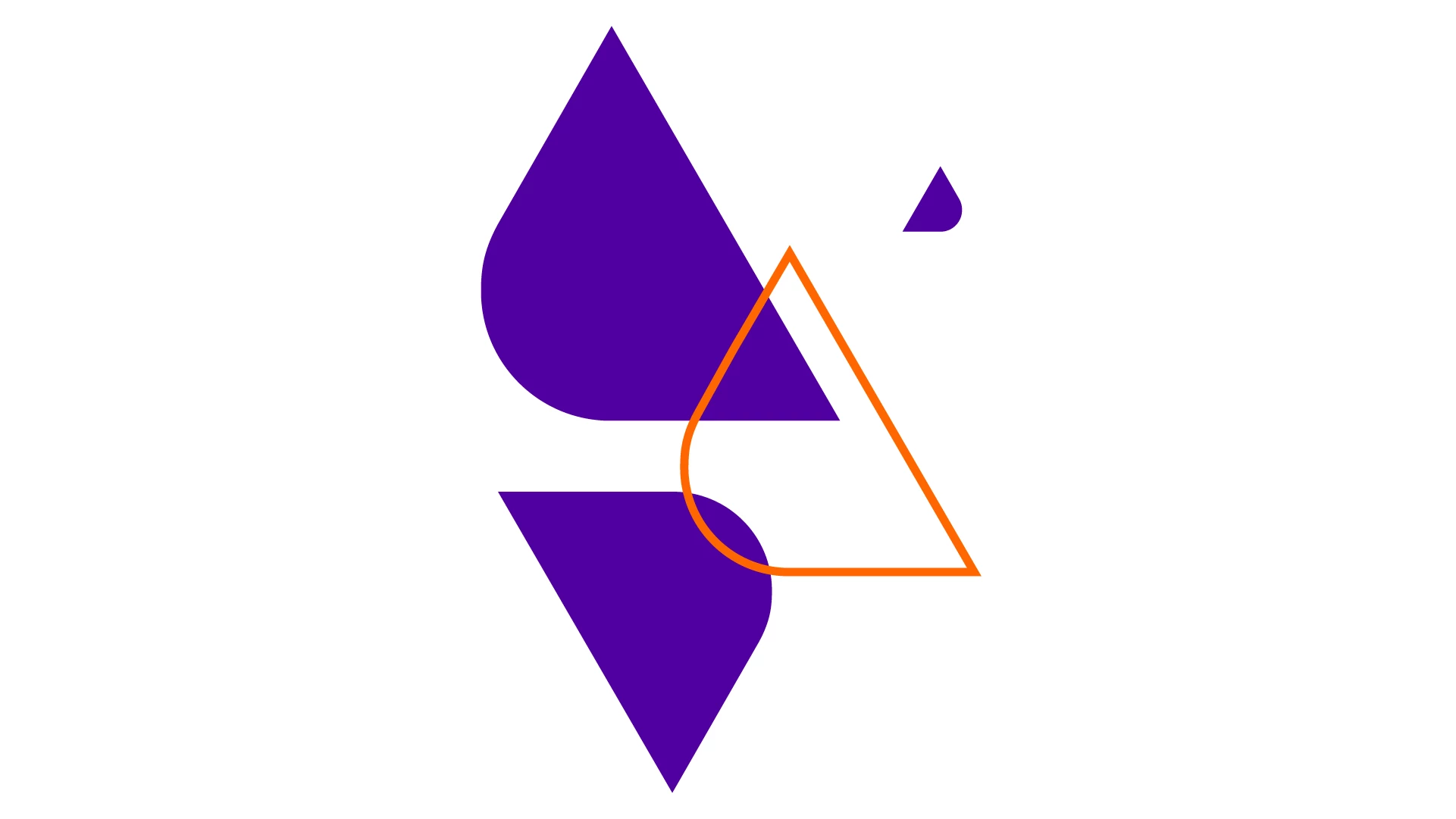JOHANNESBURG, 16 November 2022 - Excited children from schools in Johannesburg’s East Rand got the chance to showcase their coding and robotics projects, including 2D games, at a special event in Springs recently.
One of the inventions was a game called Holidaymakers, which was designed to help stimulate and revive the tourism in South Africa. Holidaymakers required players to answer a five-question quiz about a particular destination before being allowed to explore the area.
The Let Kids Code project began in October 2021 and involved teams made up of 150 learners and 30 educators from seven primary schools and 11 secondary schools in the greater Tsakane area of Ekurhuleni.
The showcase event at the Stable Inn in Springs on Thursday 11 February saw a final selection of 18 projects. The ages of the participating children ranged from 10-11 years in primary school and 13-14 in secondary school.
The project forms part of educational and training non-profit organisation ORT SA’s initiative, in conjunction with sponsor Astron Energy, to take ICT and STEM skills to previously disadvantaged schools and communities through coding courses.
The winning projects were:
- Primary School - Mega Primary for their Hospital Sensor project
- Secondary School - Mbongeni Mgududu (Formerly Tsakane Ext 8 Secondary) for a game focused on Farming & Cropping
- Audience’s project of choice – Michael Mkhwanazi Primary for their Life Saver project
A big focus of the Let Kids Code project is female participation, at both learner and educator level, and, of this year’s group, 91 were girl learners and 22 were female educators.
At the start of the project, after receiving their initial training, ORT SA directed learners and their educators to explore challenges in their local community and to see how these could be solved using technology. Educators received laptops, micro bits, and sensors to assist them with teaching requirements, as well as the necessary technical skills and knowledge for the field.
ORT SA’s Head of STEM, Mpho Matlala, said the Let Kids Code project was aimed at enhancing critical and problem-solving skills for both teachers and learners. “We also look to expand participants’ creativity and imagination when it comes to technology and how this can be applied to everyday life.”
Somikazi Chabalala, the Director for the Gauteng East District of the provincial Education Department, said that subjects such as coding and robotics helped equip learners to contribute in a meaningful and successful way in a rapidly changing and transforming society.
“The Astron Energy Coding project has energised our teachers and learners and the Tsakane Schools in the programme have become beacons of hope and lighthouses in their community,” Chabalala said. “They can now empower other educators and be catalysts in transforming our education spaces.”
“For far too long in education, we’ve been working with the presumption of teaching to ensure our learners get a ‘good job’. But what does that look like? Now, we are preparing learners for jobs that don’t even exist yet.”
The project saw 15 coding clubs formed at participating schools. The winners of the Let Kids Code project received backpacks filled with prizes including scientific calculators.
According to Matlala, the coding clubs were taught how to engage in the game design process, including developing an understanding of how algorithms that control programs are developed, to use event-driven programming, and also to learn how to debug a program.
High school participants were required to create games in 2D using PyGame in Python, a high-level, general-purpose programming language. This included creating a welcome screen, a game that responds to user input, scoring, and a “game over” screen.
Matlala said: “Today marks the culmination of months of work, dedication, of testing, of failure and success, to reach a point where we have created viable and practical digital solutions to everyday issues and concerns.”
Astron Energy's Social Investment Advisor Winny Dubazane said: “Future skills revolve around critical thinking and problem solving, and coding and robotics play a critical role in inculcating this is in children and preparing them for the future of work.
Astron Energy is South Africa's #2 petroleum company with a network of over 850 branded service stations in South Africa, as well as in Botswana. The company recently unveiled the vibrant new look for its forecourt network.
Astron Energy is investing significantly in coding and robotics as part of its approach which it calls STEAM – Science, Technology, Engineering, Arts and Maths – to help improve literacy levels, develop problem-solving skills, and give young people the tools to succeed in a digital future.
Astron Energy’s Head of Retail Tebogo Mekoa added: “Initiatives such as this one, which Astron Energy runs in collaboration with ORT SA and other institutions, are designed to help address a critical skills gap and build a pipeline of talent for a future which will be driven by 4IR.”





